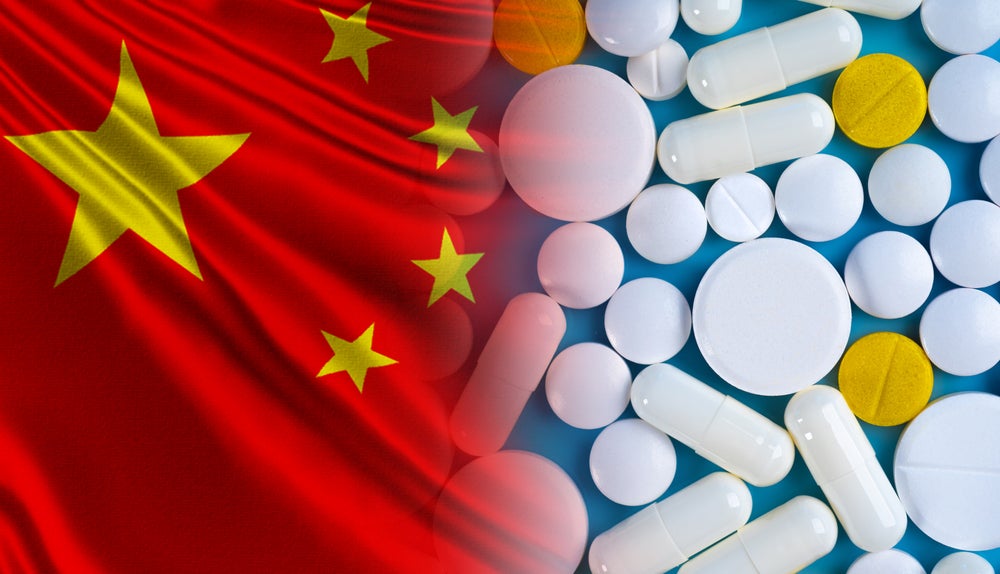The EU is considering creating a Critical Medicines Act to secure Europe’s supplies of pharmaceuticals. Europe is swiftly revising its laws and policies concerning critical medicines as the region seeks to tackle shortages and a reliance on China. In 2023/24, the EU launched the Critical Medicines Alliance, while the European Medicines Agency has launched a “solidarity mechanism” for countries to cooperate on shortages.
On 18 July 2024, the re-elected president of the European Commission, Ursula von der Leyen, proposed two laws that will affect the EU pharmaceutical industry: one aims to boost its competitiveness while the other, the Critical Medicines Act, would tackle drug shortages by reducing dependence on medicines and ingredients sourced from outside the region.
Von der Leyen’s announcement builds on the December 2023 proposal for an Act by the European Economic and Social Committee (EESC), which warned of the EU’s overreliance on imported active pharmaceutical ingredients (APIs) and finished medicines from Asia, with China the single largest supplier globally. The EESC raised concerns about the EU’s resilience to supply chain disruptions, price volatility and potential geopolitical risks, as medicine shortages have been increasing across Europe.
However, there has been no specific public action on the proposed legislation. It is not clear whether there will be a stand-alone Critical Medicines Act. However, a draft version could be ready within an estimated 12 to 18 months, based on standard European Commission timelines.
In September 2024, Medicines for Europe (MfE) called for the Critical Medicines Act to address five key challenges:
Pillar 1: investment

US Tariffs are shifting - will you react or anticipate?
Don’t let policy changes catch you off guard. Stay proactive with real-time data and expert analysis.
By GlobalDataThe European Commission should fund the manufacturing of critical medicines and APIs. The money should come from the new Multi-Annual Financial Framework. Under the current rules, only projects using novel technologies can be financed, which precludes investment in manufacturing most drugs on the critical medicines list. The definition of “innovation” in the Important Projects of Common European Interest [which brings together knowledge, expertise, financial resources and economic actors throughout the Union to overcome important market or systemic failures and societal challenges] could be expanded to include manufacturing processes for the security of supply, as well as green and digital transitions. Additional funding could become available for new or upgraded APIs, finished doses, key starting materials or critical intermediate production in Europe, as well as automation and continuous manufacturing.
Pillar 2: addressing the pricing of generics
The current market practice of price restrictions does not incentivise manufacturers to invest in the production of older generics that have little potential for returns, according to MfE. The Critical Medicines Act could assess whether legislation is impacting the cost of manufacturing and marketing critical medicines.
Pillar 3: Collaboration on stockpiling
Pillar 3 suggests solidarity between countries as they allocate stock, replacing national and unharmonised stockpiling requirements with better approaches through the European Solidarity Mechanism. To do this, the EU could make packaging requirements more flexible to better allow the flow of products across EU markets.
Pillar 4: diversifying supply
Pillar 4 promotes building international partnerships and open trade. The European Commission should collaborate with non-EU countries. EU accession candidates such as Ukraine and Moldova can offer investment opportunities that would benefit European manufacturers and build capacity in these countries.
Pillar 5: Improving the skills shortage
The EU could address the skills shortage by training a science, technology, engineering and mathematics (STEM) workforce.
Europe’s fight against shortages
The EMA’s Executive Steering Group on Shortages and Safety of Medicinal Products (MSSG) published recommendations on 19 April 2024 to strengthen the supply chains of critical medicinal products. These involve monitoring supply forecasts, encouraging pharma companies to diversify suppliers, and stockpiling. The Critical Medicines Alliance was established in January 2024 to fight shortages with the following tactics:
- Increasing stockpiles of medicines to defend against fluctuations in demand or supply
- Encouraging marketing authorisation holders (MAHs) to increase manufacturing capacity, diversify suppliers and monitor forecasts of drug supply, drug demand and available stocks.
- Possibly requesting an MAH to establish a shortage prevention plan for medicines in the EU list of critical medicines.
Other drug supply protections took place in 2023. On 24 October 2023, the MSSG created a “solidarity mechanism allowing EU countries to support one another in the face of critical medicine shortages. On 12 December 2023, the European Commission, EMA, and the Heads of Medicines Agencies (HMA) published the first version of an EU list of critical medicines.
Chinese GMP certificates expire amid “spy law” scare
The main opposition grouping in Germany’s national parliament has recently highlighted an overreliance on Asian drug production. European good manufacturing practice (GMP) inspections of Chinese manufacturers are dwindling, which could lead to worse shortages, according to a parliamentary inquiry submitted by the group in September 2024. In China, the approval of an anti-espionage law in July 2023 has given rise to concerns that any kind of information gathering might be viewed as espionage and be liable to criminal sanctions. Consequently, numerous German federal states opted not to send GMP inspectors to Chinese sites, according to the Emerging Market Outsourcing Report of Q2 2024. As a result, many GMP certificates are due to expire at the end of 2024, leading to concerns that a significant number of drugs will become unavailable. As geopolitical tensions increase between Western countries and China, China’s virtual monopoly on the supply of many APIs could be very dangerous for the security of the supply of medicines to many Western countries.





